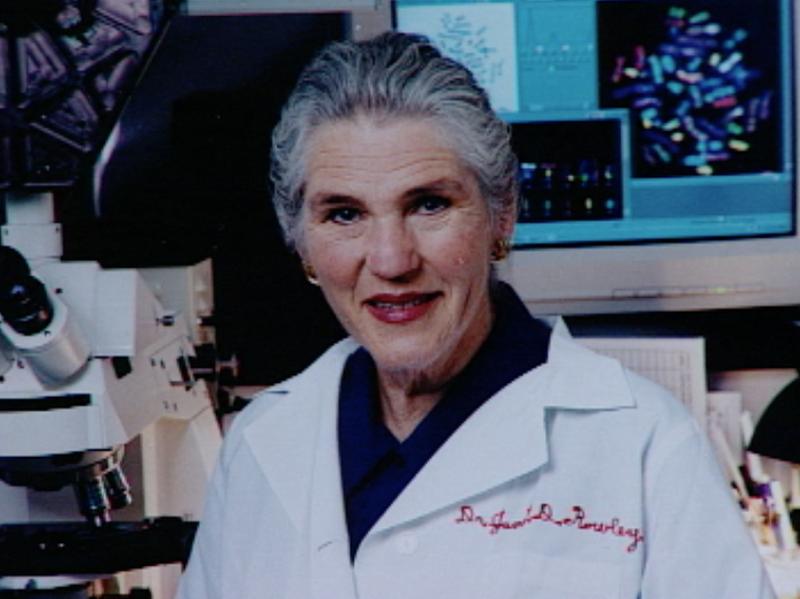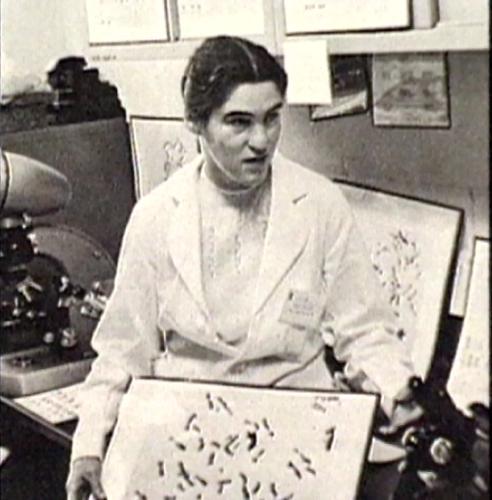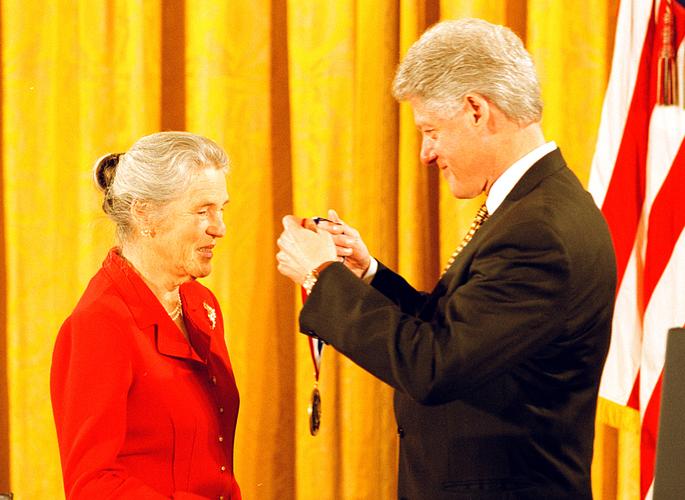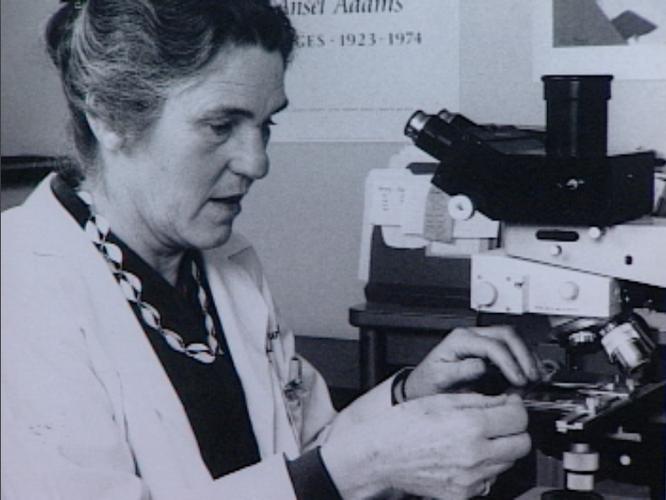Before 1972, we already knew that genetic abnormalities caused certain diseases like cystic fibrosis and sickle cell anemia, but we didn’t know that cancer could also be caused by similar genetic abnormalities. Janet D. Rowley, hailed by The New York Times as the matriarch of modern cancer genetics, discovered that outside factors are not the only causes of cancer.
Because it was incredibly difficult to observe chromosomes underneath a microscope, Rowley’s discovery took ten years. Her first breakthrough came eight years into her research, in 1970, when she was introduced to a chemical staining technique that would allow her to differentiate chromosomes much more easily.
Two years later, Rowley took a series of photos from a patient with acute myeloid leukemia and laid them out on her dining room table, ordering the photos chromosome by chromosome. As Rowley combed through the narrative of these chromosomes, she discovered they weren’t normally exchanging matter. When she examined other AML patients’ photos, she discovered the same thing: most sets of chromosomes were abnormally swapping genetic material.
This discovery led scientists to include one’s genetic makeup as a cancer contributor, shifting research efforts towards treatments targeting cancer-specific genetic abnormalities.
By Kristen Brida










